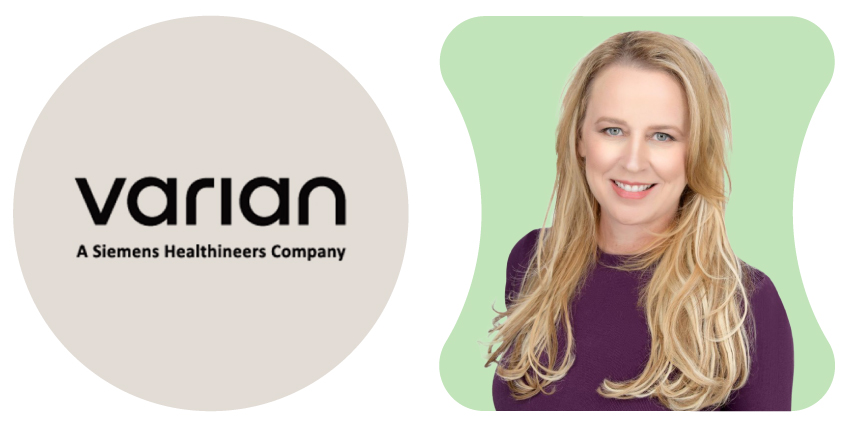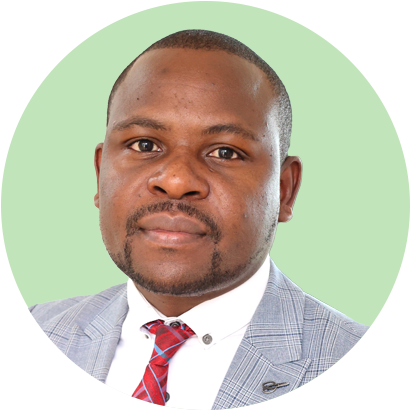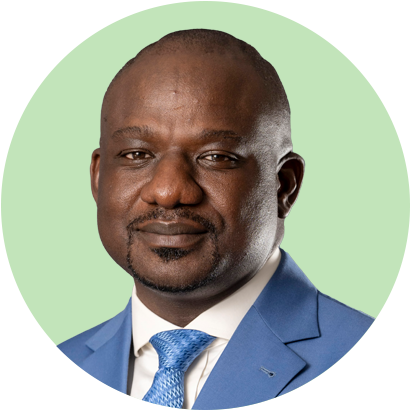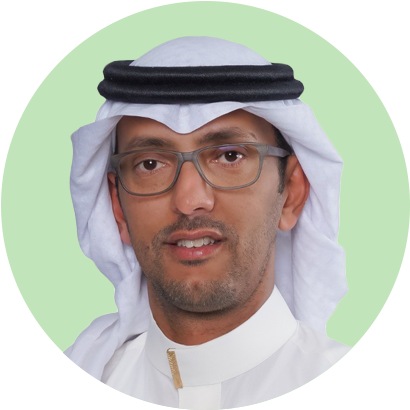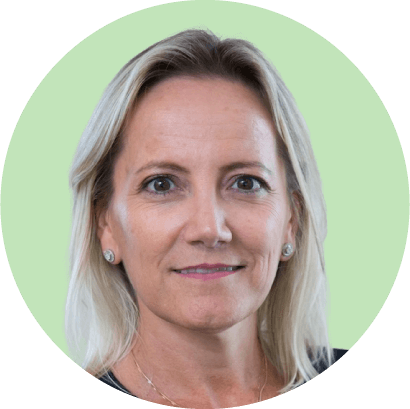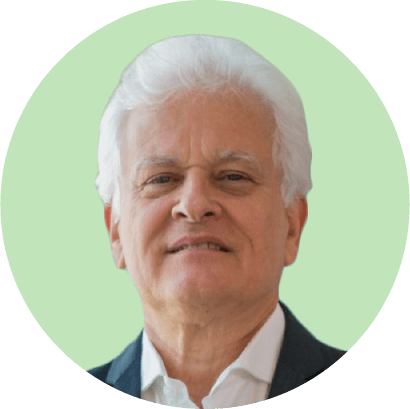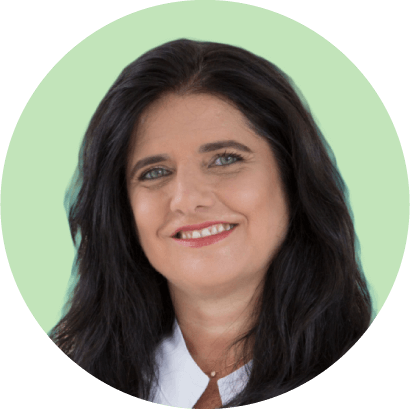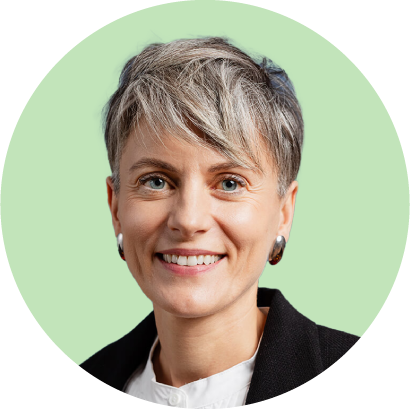“We are constantly innovating and adding modules into our solutions to support high quality care and enhanced patient outcomes.”
ICHOM had the chance to sit down with Varian’s President, Multi-Disciplinary Oncology, Ashley Smith, for an exclusive interview we’re pleased to share. Continue reading to hear what we discussed with Ashley.
Q: Can you give us a brief introduction to Varian, and what you do?
A: Varian, a Siemens Healthineers company, is an oncology focused medical device, technology, and solutions provider. We produce hardware and software to support the treatment of cancer across all modalities. I serve as President of our Multi-Disciplinary Oncology business line – which covers all our software and services which touch all aspects of oncology. We are accelerating Varian’s expansion of software solutions and services across the cancer care continuum. We are pioneering innovative solutions that combine advanced technologies with specialized services and clinical expertise to accelerate global access to and adoption of advanced, high-quality, and affordable care.
Q: What is Varian’s expertise in helping clients with Value-Based Care?
A: Our software products, such as ARIA CORE oncology management solution, have been supporting Value-Based Healthcare (VBHC) through compliance with government guidelines and regulations globally for over 20 years. We are constantly innovating and adding modules into our solutions to support high quality care and enhanced patient outcomes. Specifically, our Noona patient engagement
solution offers real-time symptom monitoring, empowering patients to be active participants in their care, and helping to ensure care teams are seeing a more complete picture of patient health. Varian has deep expertise in helping clinical teams with VBHC from both a product and implementation perspective.
- Noona deploys across multiple countries, in over 180 oncology centers, and touches more than 200,000 patient lives with an average of 17,000 monthly messages sent to clinics across the globe.
- Noona’s success is attributable to the team’s strength in implementation and change management methods for embedding Electronic Patient Reported Outcomes (ePROs) into standard of care practice in a sustainable manner that produces key efficiency and satisfaction metrics.
It is very important to Varian to be a leader in VBHC, as across the globe we see prevailing national strategies centered around VBHC. A recent example of this is the Australian Cancer Plan* which looks to promote value-based healthcare and embed optimal care pathways as the national standard for cancer
care. This directly aligns with Varian’s mission.
*https://consultations.health.gov.au/cancer-care/australian-cancer-plan/
Q: What do you see as the biggest challenges – and opportunities – in expanding the network of healthcare providers using VBHC models?
A: Moving VBHC models from research and pilot projects to a standard of care has always been a challenge. Utilizing evidence-based implementation and change management approaches can successfully overcome these challenges; however, it takes a significant and ongoing organizational commitment to maintain VBHC in practice. Varian’s Advanced Oncology Solutions, for example, are thoughtfully designed to assist clinics in leveraging unique oncology-specific expertise to support implementation and change management projects, which are vital for successfully overcoming these challenges and sustaining VBHC in practice. Recognizing that every country has its unique healthcare delivery needs and methods, our team of diverse professionals and specialized programs offers tailored solutions. This diversity is critical in finding frameworks that cater to global standards of care while also accommodating local nuances. Our services not only help your organization meet its goals but also contribute to a larger vision where consistent patient outcome measures can be globally compared, enhancing information sharing and best practices. With a team possessing a wealth of skills in operations, clinical expertise, implementation, change management, leadership, and more, we are committed to long-term collaborations and partnerships. These are grounded in our deep understanding of the intricate challenges clinics face. The opportunity here is that if there were a consistent way to measure patient outcomes globally, the metrics could be compared on a global scale and lead to greater information sharing of best practices.
Q: What message do you have for our different audiences (e.g., providers, regulators, payers, patient organizations, etc.) about how they can support the transformation to an outcomes-based healthcare system?
A: Research has proven that collecting Patient Reported Outcomes leads to more patient satisfaction, higher rate of medication and treatment adherence, better management of toxicities/symptoms, and inturn improved patient outcomes. These forums give us an opportunity to align and learn from each other on what works for different organizations and regions. There is an opportunity for better
unification – you need everyone to be united that this needs to be consistent, a set framework is needed. Every audience needs to agree and push forward. The evidence is strong and compelling for VBHC from all the different audience perspectives. VBHC improves patient outcomes, decreases system costs, and improves patient and staff experience. VBHC can be highlighted not only for the benefits in clinical care and outcomes but also as an approach to curb system costs and a way to help tackle some of the HR challenges through retention and decreased burnout.
Q: Can you share any examples where you’ve helped clients successfully adopt VBHC models?
A: In the US, we have clients who use Noona to report quality metrics for Merit-based Incentive Payment System (MIPS) and for accreditation purposes. Standardizing an approach to care delivery is at the heart of what Noona provides. The concepts of reaching more patients through technology is supported with Noona while raising the quality of those touchpoints. We have customers such as a large medical oncology practice in Tennessee, USA, who uses Noona to standardize documentation and follow up of patients in their triage process. Another active customer uses Noona to meet the requirements for its certification as an Oncology Medical Home.
Q: How do you think the healthcare part of your business will look ten years from now – and what role will VBHC models play within it?
A: Certainly the growth and advancements related to AI and machine learning will play a significant role in healthcare in 10 years, and VBHC is just one aspect of where that will play an important role. For Artificial Intelligence (AI) models to be successful, we need significant data to develop these models. VBHC has the potential to accelerate our path to predictive analytics and AI for a truly person centered approach to oncology care.
VARIAN, ARIA CORE, and NOONA are trademarks of Varian Medical Systems, Inc., pending or registered U.S. Pat. & Tm. Off.

